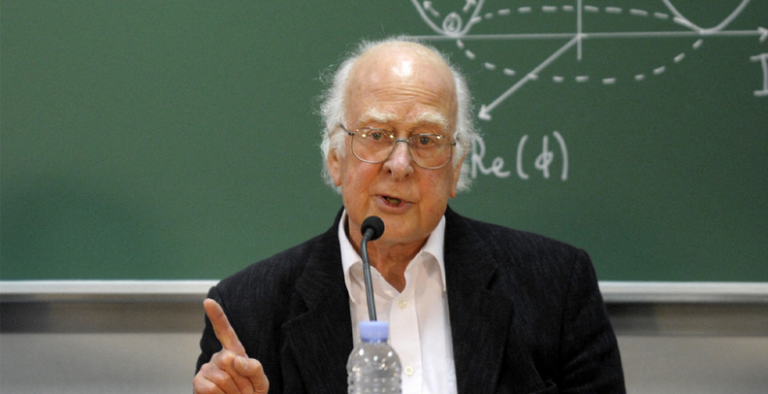Peter Higgs, the Nobel Prize-winning physicist who discovered the particle known as the Higgs boson or the “God particle,” passed away at the age of 94.
His family reported today that he passed away on Monday at his home in Edinburgh.
He was awarded the Nobel Prize in Physics in 2013 for his work dating back to 1964, which demonstrated how the Higgs boson serves as the “missing piece” in the puzzle of matter, giving particles their mass.
The existence of the particle had been a subject of scientific debate for decades. Following a series of experiments that began in 2008, his theory was confirmed by physicists working at the Large Hadron Collider at CERN in Switzerland in 2012.
The following year, Higgs shared the Nobel Prize with François Englert, a Belgian theoretical physicist, whose work in 1964 contributed to the discovery.
Repatriation of antiquity: Vase stolen during the German occupation returns to Greece
A member of the Royal Society, Higgs spent much of his academic life at the University of Edinburgh, which established the Higgs Center for Theoretical Physics in his honor in 2012.
A modest person who shunned the limelight, Higgs was so dedicated to his research that he wasn’t even in the hospital when his first son was born. On the day he received the Nobel, as noted by The Guardian, he had gone out for lunch, soup, and haddock. It was a neighbor who broke the big news to him as Higgs was returning home.
It’s said that the idea for the boson came to him during a walk in the mountains, although he himself claims not to remember anything. When he wrote the paper and submitted it to a scientific journal, it was rejected. He added a few paragraphs to bolster his theory, including a reference to the boson.
Ask me anything
Explore related questions





